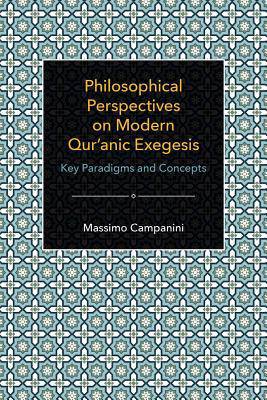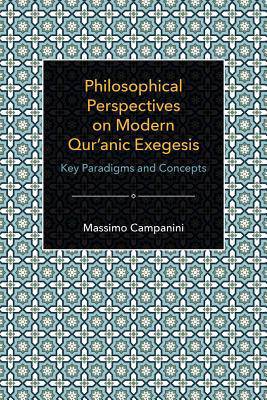
- Afhalen na 1 uur in een winkel met voorraad
- Gratis thuislevering in België vanaf € 30
- Ruim aanbod met 7 miljoen producten
- Afhalen na 1 uur in een winkel met voorraad
- Gratis thuislevering in België vanaf € 30
- Ruim aanbod met 7 miljoen producten
Zoeken
€ 161,45
+ 322 punten
Uitvoering
Omschrijving
This book explores the possibility of a hermeneutics of the Qur'an. It starts from the presupposition that the Qur'an can be studied as a philosophical book. Thus the analysis is theoretical more than historical. Many philosophers commented the Qur'an and many supported their theories by resorting to the Qur'an. Thinkers like Fakhr al-Din al-Razi connected traditional theology and philosophy in their Qur'anic commentary. Others like Nasr Abu Zayd used philosophy to deconstruct the Qur'an paving the way for a modern humanistic hermeneutics. This book tries to go a step further: it aims to offer a path within the Qur'an that - through philosophy - leads to a fresh understanding of fundamental tenets of Islamic thought, most importantly tawhid - God's oneness - and to a fresh reading of the Qur'anic text. This book applies the phenomenological and ontological hermeneutics of Edmund Husserl and Martin Heidegger to the study of the Qur'an going far beyond Annemarie Schimmel's phenomenological approach that is neither philosophical nor properly phenomenological (in Husserl's sense).
Specificaties
Betrokkenen
- Auteur(s):
- Uitgeverij:
Inhoud
- Aantal bladzijden:
- 166
- Taal:
- Engels
- Reeks:
Eigenschappen
- Productcode (EAN):
- 9781781792308
- Verschijningsdatum:
- 1/10/2016
- Uitvoering:
- Hardcover
- Formaat:
- Genaaid
- Afmetingen:
- 157 mm x 236 mm
- Gewicht:
- 408 g

Alleen bij Standaard Boekhandel
+ 322 punten op je klantenkaart van Standaard Boekhandel
Beoordelingen
We publiceren alleen reviews die voldoen aan de voorwaarden voor reviews. Bekijk onze voorwaarden voor reviews.







